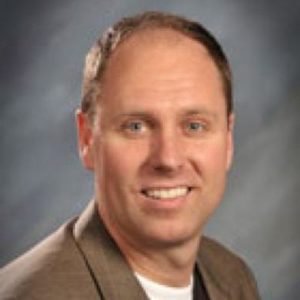
We hear the word “science” a lot these days. We are told to “trust the science,” as the modern world increasingly elevates science to an almost religious status. Yet for so many students, science class is anything but fascinating, often reduced to the base level of memorized periodic tables and static experiments. Classical Christian schools have a unique opportunity to help rightly order science as a tool for discovery and inquiry, as it was historically understood by educators and leaders for centuries. Science done well, inevitably exposes the intricate world around us, reflecting the divine, and motivating a person, who is willing to look, to see the fingerprints of God in the created world. How can our schools and parents leverage science as this extraordinary tool to awaken wonder and discovery in a world that is seeking answers?

After completion of his doctorate in 1995, Tim Ainstine accepted a postdoctoral fellowship in photoorganic chemistry under the guidance of William G. Dauben at the University of California, Berkeley (Go Bears!). After the completion of his fellowship, he joined a small company in Menlo Park, California by the name Neurex Corporation. While working as a Medicinal Chemist for Neurex, he worked with a team of scientists on a novel pain drug called SNX-111, a drug 100-1000 times more powerful than morphine, without many of the associated side effects. Anstine soon left biotech to pursue his current career in academia where he has served as a Professor of Chemistry at Northwest Nazarene University since 1999. He and his wife Suzanne have three children and have been involved and supportive parents with their local classical Christian school.
